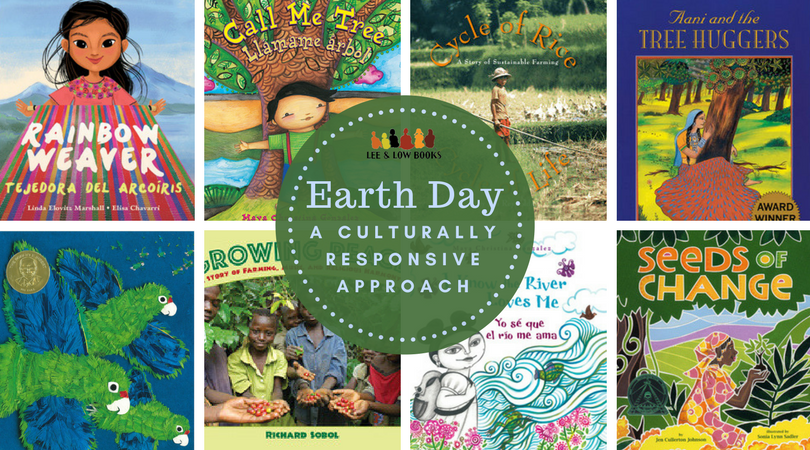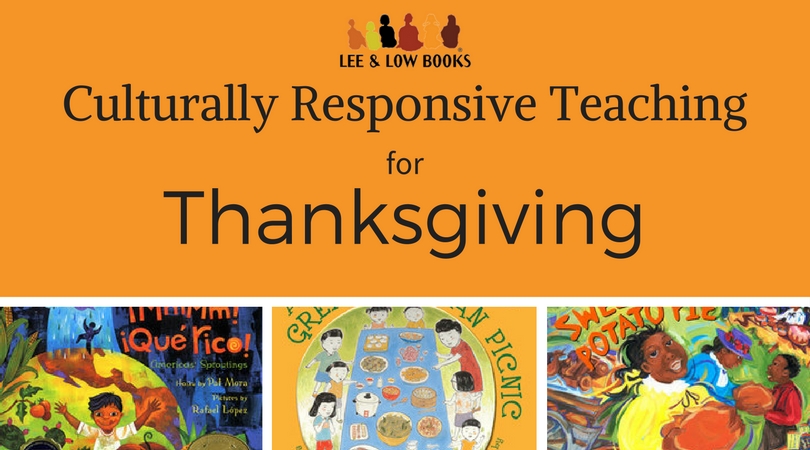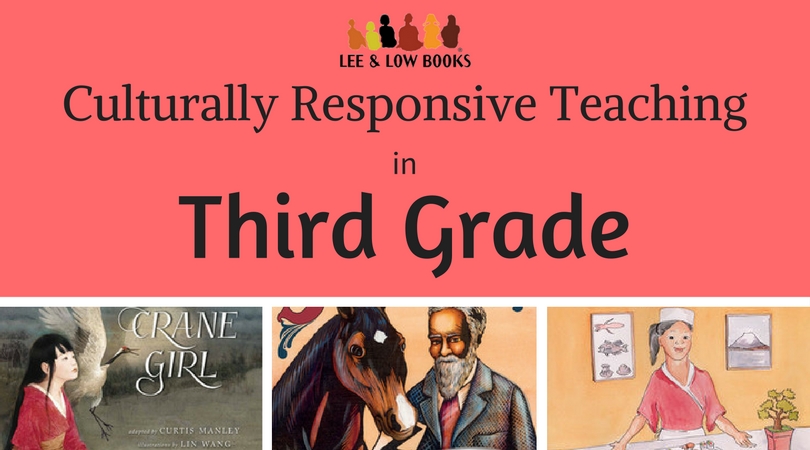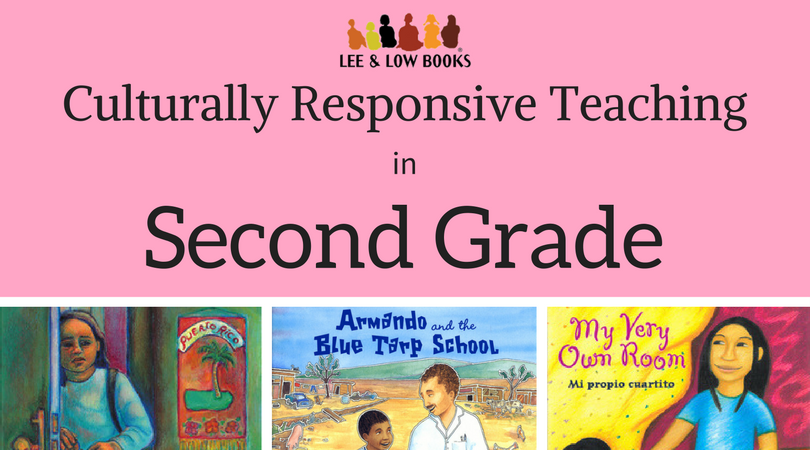It’s Back to School time, and that means new resources here on the Lee & Low Blog! In the first post in our new series on Culturally Responsive Teaching, educator Lindsay Barrett shares ideas for read alouds that build relationships in Kindergarten.
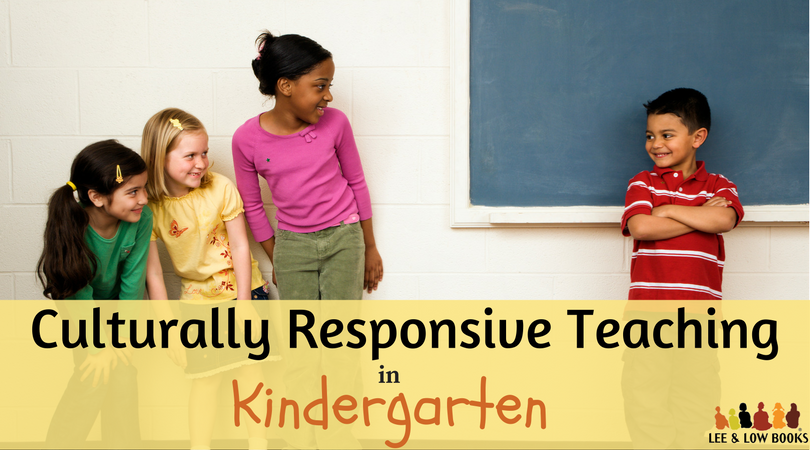
Nothing evokes a sense of “back to school” like a snaking line of tentative-but-excited, freshly scrubbed Kindergarteners slowly making their way down the school hallway. There is so much for new Kindergarten students to learn—how to open snack and lunch items, where to find the restroom, how to care for and share materials; the list goes on and on.
But seasoned Kindergarten teachers know that all of this is secondary to (and made easier by) helping each child quickly develop a sense of belonging to a community of learners. One of the ways to achieve this is to use culturally responsive teaching strategies right from the start of the Kindergarten year. (What is culturally responsive teaching? Check out this post.) A culturally responsive mindset emphasizes relationships. The beginning of the school year is the perfect time to establish these bonds. Continue reading →
